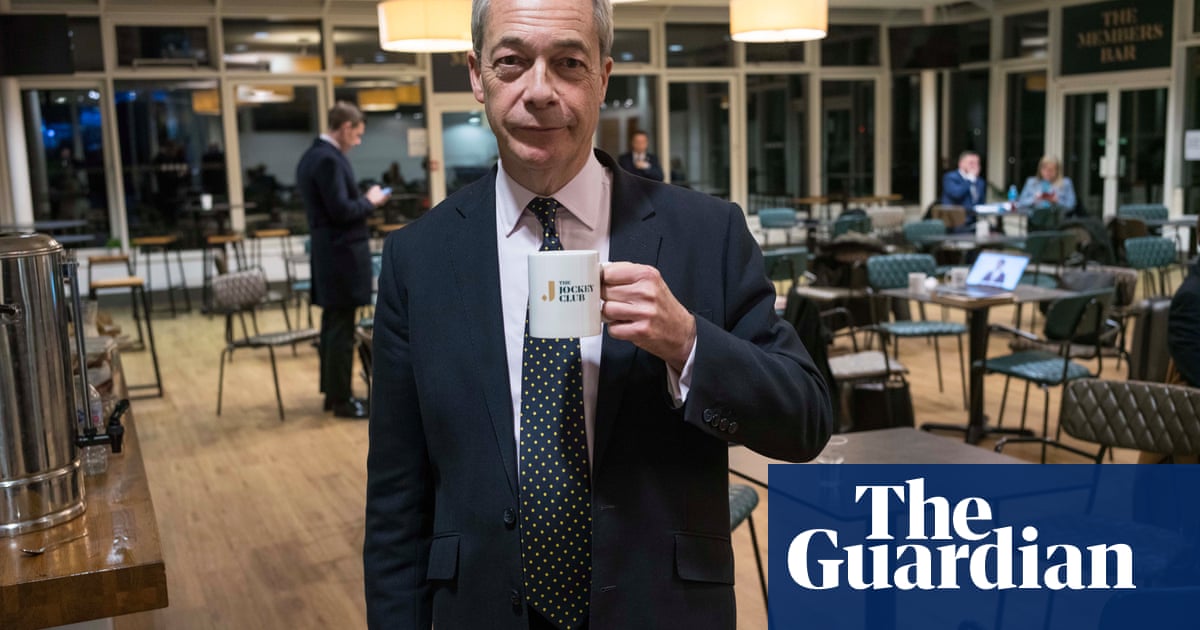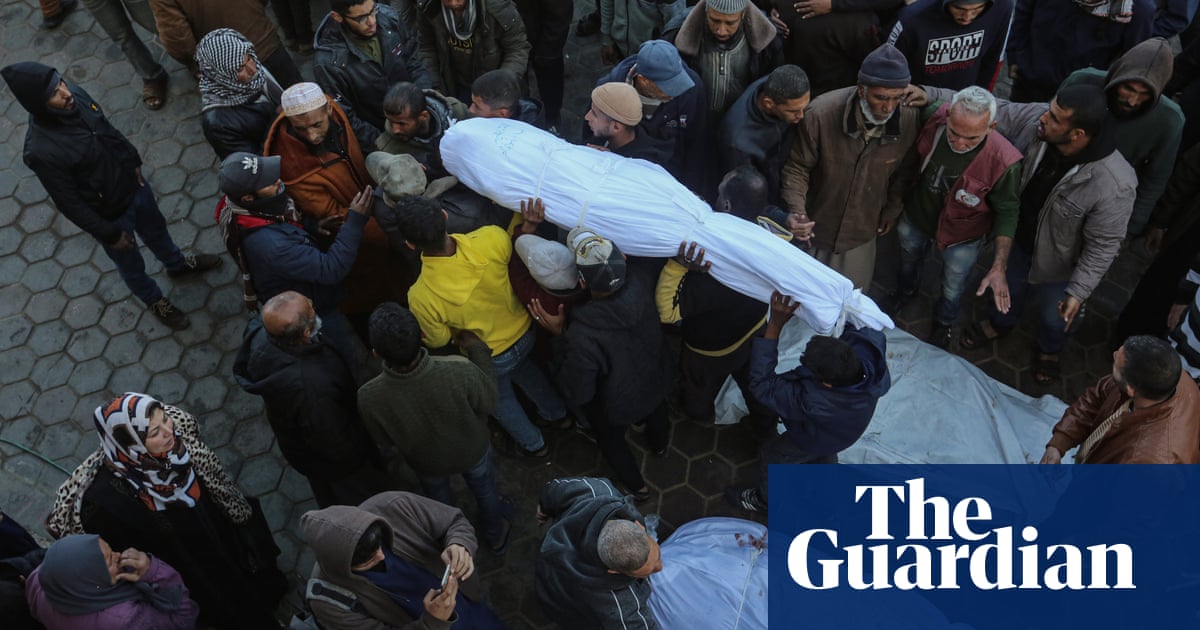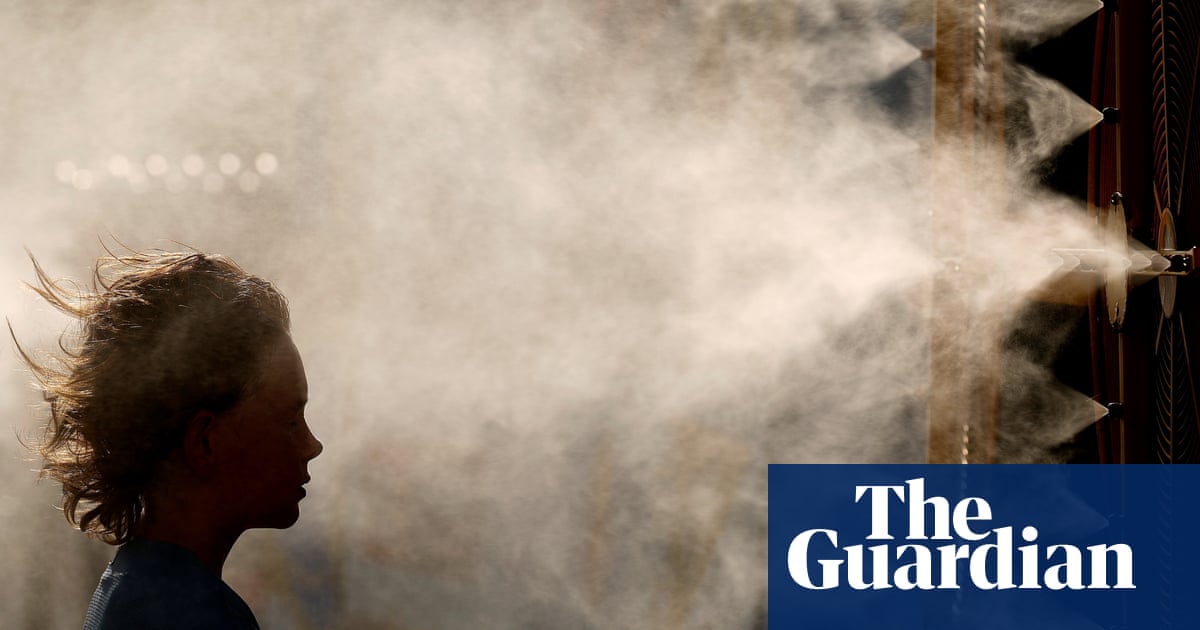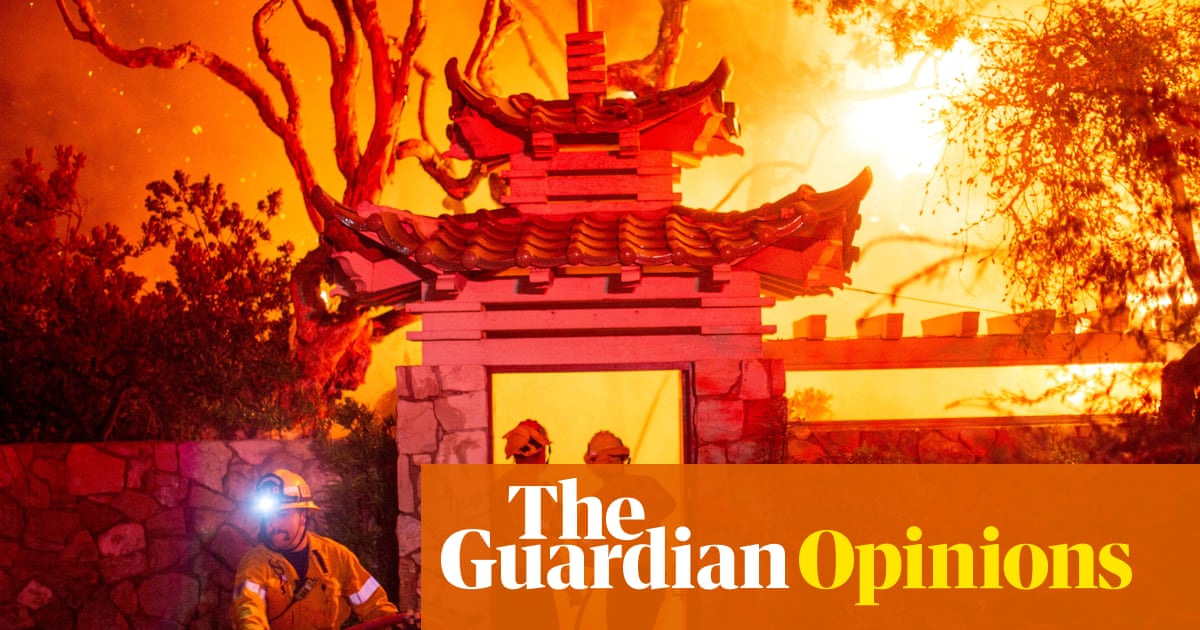The regional president of Valencia, who is under mounting pressure over his handling of the catastrophic floods that killed 216 people in the area, has conceded mistakes were made but refused to step down, claiming the unprecedented and “apocalyptic” scale of the disaster simply overwhelmed the system.
A total of 224 people lost their lives – all but eight of them in Valencia – when torrential rains and floods hit eastern, central and southern parts of Spain on Tuesday 29 October, drowning people in their homes and cars and sending torrents of water through cities, towns and villages.
Carlos Mazón, a member of Spain’s conservative People’s party (PP), has faced calls to resign over his response to the worst natural disaster in the country’s recent history.
Public anger has grown after it emerged that Mazón did not arrive at the emergency coordination centre until after 7pm on the day of the floods because he had been enjoying a three-hour lunch with a journalist.
His administration has also been criticised for the hours-long delay in sending a civil emergencies alert to people’s phones. Last Saturday, 130,000 people took to the streets of Valencia to call for his resignation.
Addressing the regional parliament on Friday morning, Mazón offered his condolences to families of the dead and missing, saying that the devastation the region had suffered was comparable to a “conflict scenario”.
He promised lessons would be learned and proposed the creation of a parliamentary commission of inquiry to determine what had gone wrong.
“You can’t learn from the past without knowing what really happened,” he said. “The people of Valencia have the right to know what happened … We need to know why our prior experience of this kind of situation – and why the protocols that have been refined and improved over the past quarter century, and which had worked until Tuesday 29 October – weren’t sufficient to avoid or mitigate the damages we’ve suffered.”
Mazón once again suggested that Spain’s socialist-led government bore much of the responsibility for the delayed response to the crisis, saying: “It is legitimate to ask whether the response to the requests for help, and the necessary coordination between institutions, was adequate in terms of time and shape, given the severity of the situation.”
The regional president said: “Too many things had gone wrong; the whole system failed” but insisted he would not attempt to dodge blame as the facts came out.
“We owe it to the victims and to those who have been affected,” Mazón added. “I will not shirk any responsibility … There will be self-criticism. There were things that weren’t done well.”
He also conceded that help had taken too long to reach some areas and said it had been a mistake to delete a video, posted to social media, in which he had claimed the rains would move out of the region by 6pm on the day of the disaster.
However, he made no mention of his long lunch with the journalist the same day.
after newsletter promotion
“I maintained my agenda in full knowledge of the situation, and knowing that the regional interior minister and her team had been to some of the affected areas and were in touch with the central government’s delegate,” he said.
Mazón also said that his arrival at the emergency coordination centre had been delayed because of traffic, adding: “It wasn’t an easy journey.”
Dozens of protesters gathered outside the regional parliament as Mazón spoke, calling him a liar and demanding his resignation.
Although the Valencian president remains in command of the emergency, he has previously sought to point the finger at the central government, at the state meteorological office and even at the Military Emergencies Unit, which has been deployed to the area in large numbers.
It emerged on Thursday that almost half of those who died in the floods in Valencia were aged 70 or over, and that nine children lost their lives in the disaster.

.png) 1 month ago
13
1 month ago
13













































